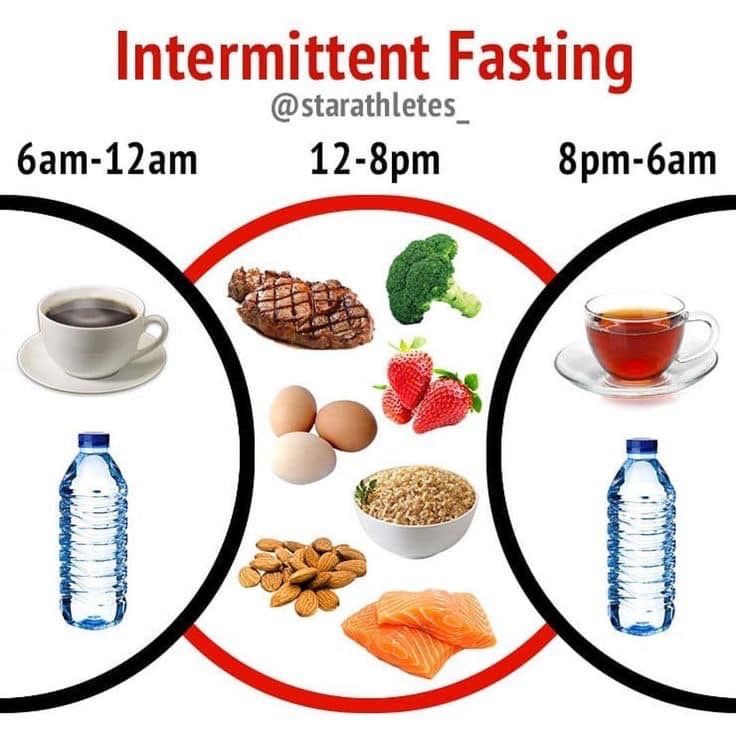Intermittent Fasting vs. Calorie Counting: Which Works Best?
Introduction
When it comes to weight loss, two strategies dominate the conversation: intermittent fasting (IF) and calorie counting. Both can help you shed pounds—but they take very different approaches.
While calorie counting focuses on what and how much you eat, intermittent fasting focuses on when you eat.
So which one actually works best for long-term weight loss without burnout or cravings? In this blog, we’ll compare both approaches side-by-side and help you decide which fits your goals, lifestyle, and mindset better.
Table of Contents
- What is Intermittent Fasting?
- What is Calorie Counting?
- Which One is More Effective?
- Pros and Cons Comparison
- Can You Combine Both?
- Track Both Easily with DietPulse
- Conclusion
What is Intermittent Fasting?
Intermittent fasting is not a diet—it’s an eating schedule. It alternates between periods of eating and fasting to create a calorie deficit without needing to track every bite.
Popular Intermittent Fasting Methods:
- 16:8 Method – Fast for 16 hours, eat during an 8-hour window
- 5:2 Diet – Eat normally 5 days/week, eat 500–600 kcal on 2 days
- OMAD (One Meal A Day) – Eat one large meal in a 1–2 hour window
People often experience reduced hunger, better insulin sensitivity, and improved fat metabolism with IF.
What is Calorie Counting?
Calorie counting involves tracking the exact number of calories you consume daily. You stay within a set calorie goal that creates a deficit for weight loss.
Apps like DietPulse make calorie counting easier by letting you:
- Log meals
- Scan barcodes
- Track macronutrients (protein, carbs, fat)
- Monitor daily progress
It’s data-driven and ideal for people who like structure and visibility.
Which One is More Effective?
Both strategies can help you lose weight if done consistently. The key difference lies in compliance and sustainability.
Category | Intermittent Fasting | Calorie Counting |
Simplicity | High (no logging) | Medium (requires logging) |
Flexibility | Low (fixed windows) | High (eat anytime) |
Hunger Control | Moderate | Better with balanced meals |
Nutrient Awareness | Low | High |
Sustainability | Depends on schedule | High for detail-oriented people |
Proven Effectiveness | Similar when calories are equal | Similar when calories are equal |
Verdict: Both work. The best one is the one you can stick to.
Pros and Cons Comparison
Intermittent Fasting
Pros:
- Easy to follow (less decision fatigue)
- May improve insulin sensitivity
- Reduces snacking and late-night eating
Cons:
- Hunger during fasting window
- Social events can disrupt schedule
- Doesn’t track nutrients or portion sizes
Calorie Counting
Pros:
- Precise control over intake
- Tracks macronutrients and portions
- Builds long-term awareness of food choices
Cons:
- Requires consistent logging
- Can feel restrictive or obsessive for some
- Mistakes in logging can skew results
Can You Combine Both?
Yes! Many people see great results by using both:
- Fast during a set window (e.g., 12 PM to 8 PM)
- Track calories and macros during eating periods
This hybrid method can give you the best of both worlds: structure + control.
The DietPulse App lets you do both—track eating windows and log meals and calories.
Track Both Easily with DietPulse
The DietPulse app helps you:
- Log meals with a built-in calorie counter
- Set eating windows for intermittent fasting
- Track macros like protein and carbs
- Stay consistent with hydration, movement, and reminders
- Review progress with easy-to-understand graphs
Whether you choose IF, calorie counting, or both—DietPulse gives you the flexibility and control you need to succeed. Try DietPulse Today
Conclusion
So, intermittent fasting vs. calorie counting—which works best?
The answer: Whichever you can stick to long term.
If you love structure and simplicity, intermittent fasting might be for you. If you prefer flexibility and detailed control, calorie counting could be the better choice.
Either way, DietPulse has your back—making it easier to stay consistent, stay on track, and crush your weight loss goals.




